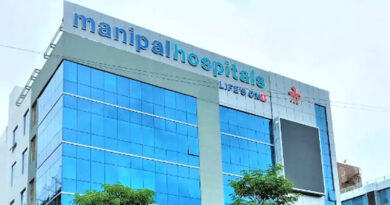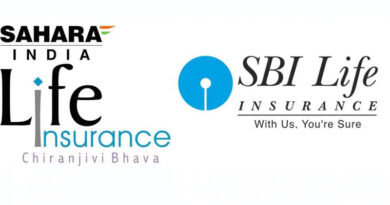Samsung made old smartphone a medical device, know how to work
Samsung Electronics is working to re-use old smartphones to ensure better access to eye health services among backward communities around the world. Samsung has partnered with the International Agency for the Prevention of Blindness (IAPB) and Yonsei University Health System (YUHS) in Korea to upcycle unused Galaxy smartphones and make them a medical device for eye disease screening. This Galaxy upcycling program is helping around 1 billion cases of vision impairment globally, which can be treated with proper diagnosis.
According to the World Health Organization (WHO), at least 2.2 billion people have some degree of vision impairment and about half of these cases have been cured or are still undergoing treatment. There is a large disparity in the prevalence of vision loss based on the cost and availability of eye care services. It is estimated that this disparity may be four times higher in low and middle-income areas than in high-income areas.
Sang Kim, Vice President of the Office of Sustainability Management of Mobile Communications Business at Samsung Electronics said, “People all over the world are facing a barrier to accessing basic healthcare services, and we saw an opportunity for smart, innovation solutions, which promotes more sustainable practice by reuse of products and these have a more positive impact on our society.” “This program symbolizes Samsung’s belief that technology can enrich people’s lives and help us build a more equitable and sustainable future.”
In 2017, Samsung launched the Galaxy upcycling program to introduce an innovative way to positively use Galaxy devices. Through this program, an older Galaxy smartphone can become the brainchild of the EYELIKE handheld fundus camera, which combines with a lens attachment for better fundus diagnosis, while the smartphone is used to snap. The Galaxy device uses an artificial intelligence algorithm to analyze and diagnose photographs for eye diseases and connect to an app that accurately captures patient data and is only a fraction of the cost of a commercial device. This unique diagnostic camera can detect patients’ conditions that can lead to blindness, including diabetic retinopathy, glaucoma, and aging problems.
Samsung has partnered with the IAPB and Yonsei University Health System since 2018 to benefit the lives and vision of over 19,000 citizens in Vietnam with its portable retina camera. In 2019 alone, it has supplied 90 portable ophthalmoscopes to health professionals working in remote areas of the country with an absence of walk-in clinics. Samsung has now expanded the program to India, Morocco and Papua New Guinea as well. Samsung is also expanding its capabilities in new screening areas, including using upcycled Galaxy devices to build smartphone-based portable colposcopes for cervical cancer screening and improving women’s access to quality healthcare.

